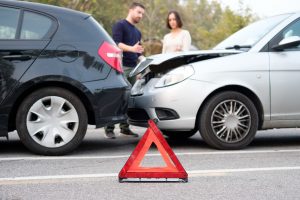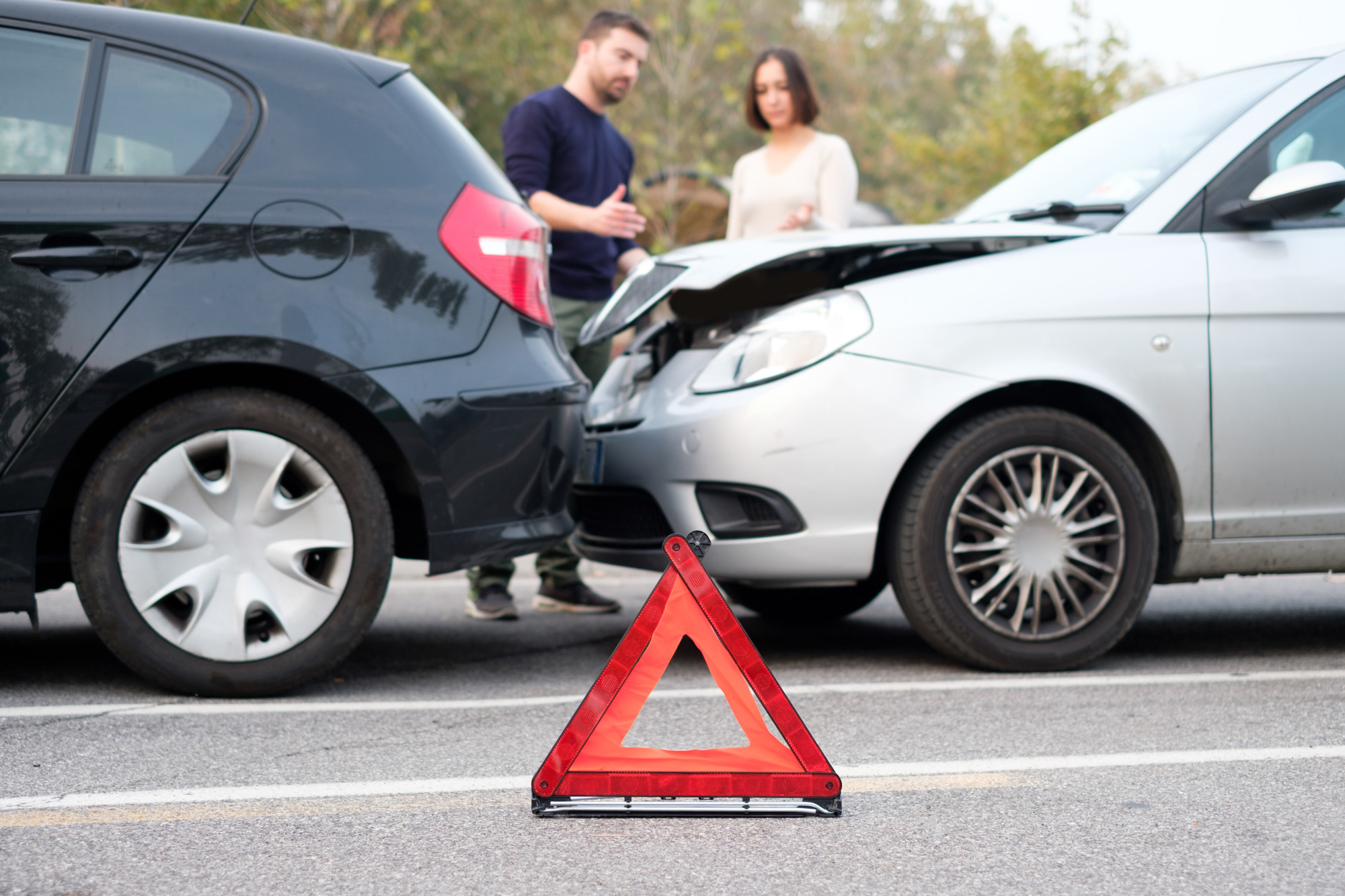
Emotion is a powerful force. When you are asked to give a speech to an audience that is already charged up with emotion, you need to proceed carefully. You need to take the time to understand what event has happened that has caused them to become riled up. Once you understand this, you then have to carefully go about building your speech in a way that will allow you to share information with them in a way that won’t make them become even more agitated. You really need to do your homework. Let’s take a look at how you could talk to an audience about what they needed to do if they were in an accident that was not their fault.
Were you recently involved in an accident that wasn’t your fault? Do you want to make sure that you recover financially, physically, and emotionally?
If so, then it is important for you to follow certain tips after such a situation so that your life isn’t affected in a negative way. This process requires having as much information about the incident as possible, as well as understanding your coverage.
With our knowledge of accidents and recovery, you will be able to put this incident behind you and move on with your life worry-free.
Here is what to do if you are involved in an accident that wasn’t your fault.
1. Assess the Situation
Let’s say that you got hit in an accident with a reckless truck driver who was drunk while driving or not paying attention to the road. The first thing you need to do is stay calm so that you can assess the situation, and taking deep breaths can help you reach this state.
Check on all drivers and individuals who may have been involved in the accident and help them if they need emergency care. However, don’t move injured individuals unless it is necessary. Additionally, move the vehicles onto the side of the road in order to avoid another accident.
2. Collect Evidence
Knowing that you were involved in a not-at-fault accident requires that you have evidence later to prove your innocence in the situation. If you were not injured or only suffered minor injuries, you should collect evidence of the accident to show that the other person was responsible.
Use your smartphone to take photos and record videos of the wreckage and injuries that indicate what was damaged and who was hurt. If you’re not in a condition where you can collect this information, then you can ask someone nearby or another person involved to do so.
3. Gather Information
The next step in what to do after a car accident is to obtain the driver’s personal information, such as their name, phone number, email address, and home address. You’ll also need the same information from their insurer, and ask them to provide it so that they don’t try to avoid discussing insurance or leave the scene.
We also recommend getting the driver’s policy number, as well as statements of any witnesses of the accident. Call the police, as well as emergency services, to make sure that everyone involved is taken care of and that the insurance information you collected is valid.
4. Consider Legal Action
If you know that you were involved in an accident that wasn’t your fault, then the driver’s insurer should cover the costs of damage and/or injury. However, if they try to avoid responsibility, then you will need to contact a lawyer to make sure that you are taken care of.
Your lawyer should educate you on how to file an insurance claim against someone else, as well as what the driver and insurer could owe you. Make sure to have the evidence from the accident when you meet with your insurer and lawyer to show your innocence.
Our Take on Being Involved in an Accident that Wasn’t Your Fault
When you are involved in an accident that wasn’t your fault, you must prove your innocence and make sure that you are taken care of financially, physically, and emotionally.
With these tips, you can ensure that this accident doesn’t affect your life in the long term.

